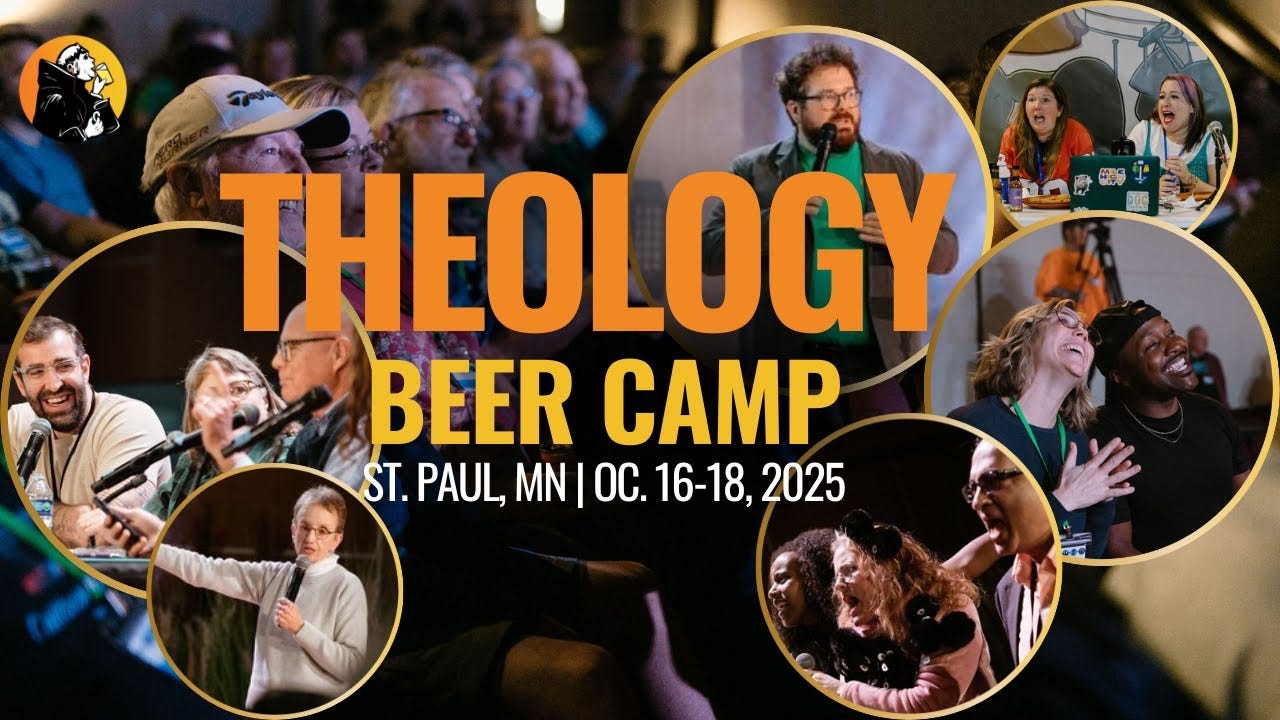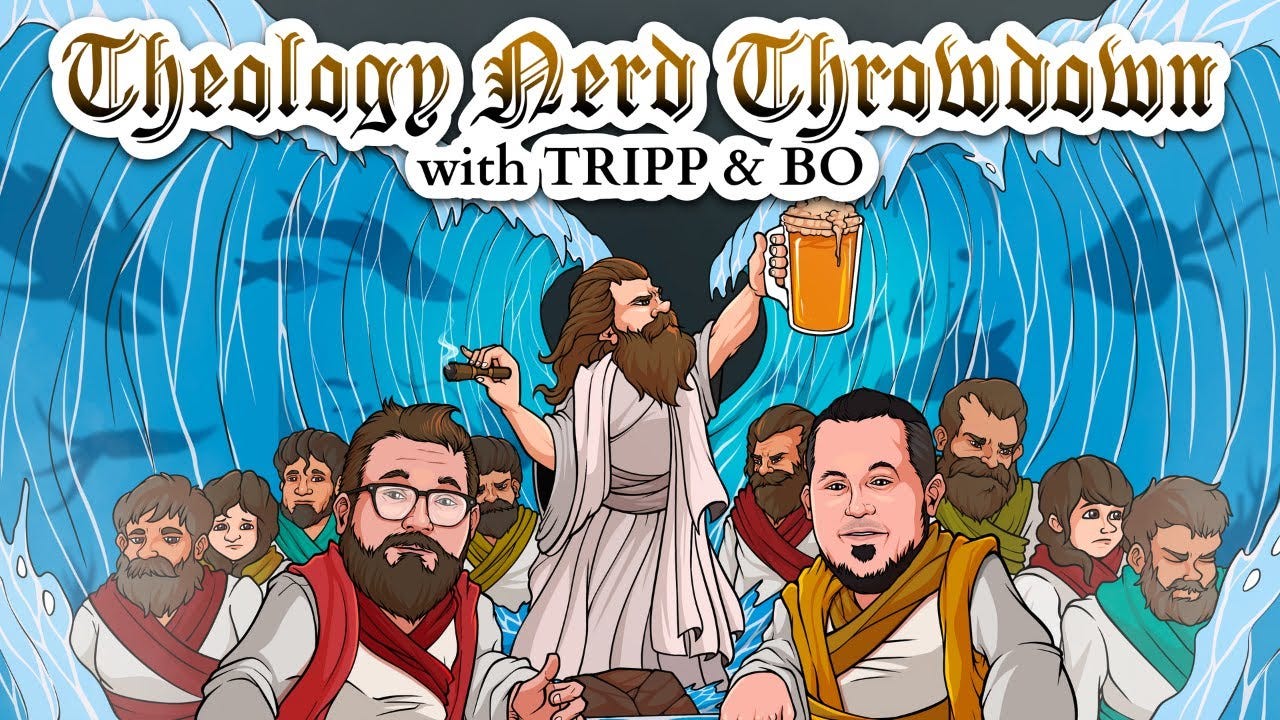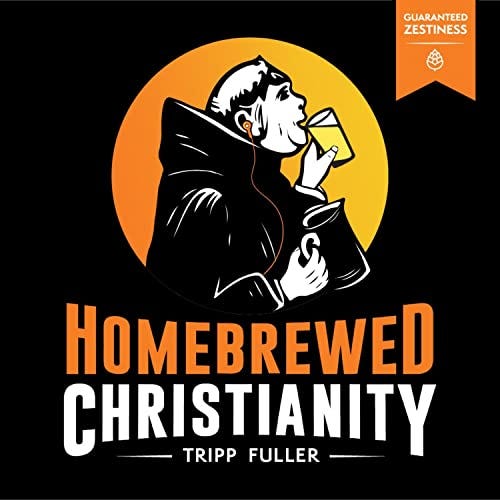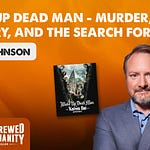In this episode, I am joined by Dr. Kurt Gray, a psychologist specializing in the nature of outrage and its impact on culture. Our conversation centers around his new book Outraged: Why We Fight About Morality and Politics and How to Find Common Ground. We explore the psychological foundations of our polarized culture. Dr. Gray, currently transitioning from UNC Chapel Hill to Ohio State, shares insights from his research on how perceptions of harm drive moral judgments across the political spectrum.
The conversation delves into how humans evolved more as prey than predators, explaining our heightened sensitivity to threats and tendency toward outrage in modern contexts. Dr. Gray challenges popular theories about moral foundations, arguing that both liberals and conservatives care about similar values but perceive vulnerability differently across four domains: the environment, marginalized groups, authority figures, and religious symbols.
We unpack practical approaches to navigating political and moral divides, from the importance of face-to-face conversations to understanding the psychological mechanisms behind moral certainty. They explore how religious communities might address polarization, the challenges of engaging with opposing viewpoints in the social media age, and the limitations of using facts alone to bridge moral chasms. This episode offers valuable insights for anyone seeking to understand and transcend the outrage that dominates our public discourse.
Key Takeaways from Our Conversation
Harm perception drives moral judgments: Gray's research suggests that moral judgments across the political spectrum are fundamentally based on perceptions of harm rather than separate moral foundations. Understanding how different groups perceive harm can help faith leaders bridge divides in their congregations.
"The reason we care about a value, the reason we care about anything when it comes to morality is because we perceive it as causing harm. And that's the master key for all our moral judgements. If you want to know why someone condemns something, ask yourself what harm do they see?"
Humans evolved as prey, not predators: This evolutionary reality shapes our moral psychology—we're wired for protection and vigilance against threats. Faith leaders can acknowledge this biological predisposition while guiding communities toward compassionate responses rather than fear-based reactions.
"We're motivated by protection. We're trying to protect ourselves and our families and our society when we vote. And the reason that we're so fixated on protection and we're worried about harm... it's because we evolved more as prey than as predator."
Different perceptions of vulnerability: Liberals and conservatives perceive vulnerability differently across four domains: the environment, the "othered," the powerful, and the divine. Faith communities can recognize these differences when addressing moral issues.
Storytelling as a bridge-builder: Gray emphasizes storytelling's power to foster understanding across divides. Religious traditions with rich narrative traditions can leverage this insight to promote dialogue across differences.
The idolatry of projecting our views onto God: Gray references research showing that people tend to believe God shares their exact moral views. Faith leaders can use this insight to encourage theological humility and self-reflection.
Religion as both bridge and barrier: Religious traditions contain resources for humility and grace, but can also promote moral certainty that hinders dialogue. Faith leaders can emphasize traditions of forgiveness, grace, and epistemic humility.
Social media and moral outrage: Digital platforms frequently amplify moral outrage in harmful ways. Faith communities can create alternative spaces for healthier discourse and encourage digital literacy.
Connection over confrontation: Following Daryl Davis's example of patient relationship-building with KKK members, faith leaders can model engagement with those holding opposing views by acknowledging their fears before attempting persuasion.
THREE LIVESTREAMS THIS WEEK!
Livestream with John Dominic Crossan
Paul & Luke: the Fictional History of Luke-Acts with John Dominic Crossan
Thursday, March 20th (11am PT / 2pm ET) via YouTube Livestream
In this session, Crossan presents a comprehensive analysis of Paul's intricate relationship with Luke as depicted in Luke-Acts. We will delve into themes such as Roman exculpation, fictional versus historical narratives, and the strategic parallels between the Gospel of Luke and Acts of the Apostles. Dom looks at how Luke's narrative presents Paul in light of Roman legal standards and positions Christianity within the Roman Empire's sociopolitical context. The importance of God-worshipers, Jewish-Gentile relations, and Paul's mission strategies are highlighted, alongside the critical examination of the Jerusalem collection and potential theological ramifications
To get all 5 of Crossan's lectures and invites/replays to all the live streams, you can join the online class here at www.CrossanClass.com.
Livestream About Theology Beer Camp
Theology Beer Camp 2025 - the Big Reveal!
Thursday, March 20th (6:30pm PT / 9:30pm ET) via YouTube Livestream
We are SOOOOO pumped for Theology Beer Camp 2025 and will reveal some fantastic speakers and nerdy fun at camp this year on the stream. 3 Days of Craft Nerdiness with 50+ Theologians & God-Pods and 600 new friends.
EARLY BIRD TICKETS available until May 15th - Get tickets here. We will sell out!
Livestream with Tripp and Bo!
Theology Nerd Throwdown with Tripp and Bo
Friday, March 21st (6am PT / 9pm ET) via YouTube Livestream
It's Time to Nerd Out with your Geek Out!
Sponsor Theology Beer Camp or Become a Homebrewed Advertiser!
Founded by Tripp Fuller in 2008, Homebrewed Christianity has been a hub for progressive theology, philosophy, and religion, sparking conversations that matter. With over 1,500 podcast episodes, a thriving global community, and a full lineup of resources—including books, live classes, livestreams, and the annual Theology Beer Camp—this is the go-to platform for engaging theologically curious minds.
Previous sponsors have included National Geographic, Princeton Theological Seminary, Orbis Books, The Bible for Normal People, The New Evangelicals Podcast, and many more! Learn more about becoming a sponsor.
Process This with Tripp Fuller is a reader-supported publication. To receive new posts and support my work, consider becoming a free or paid subscriber.
















